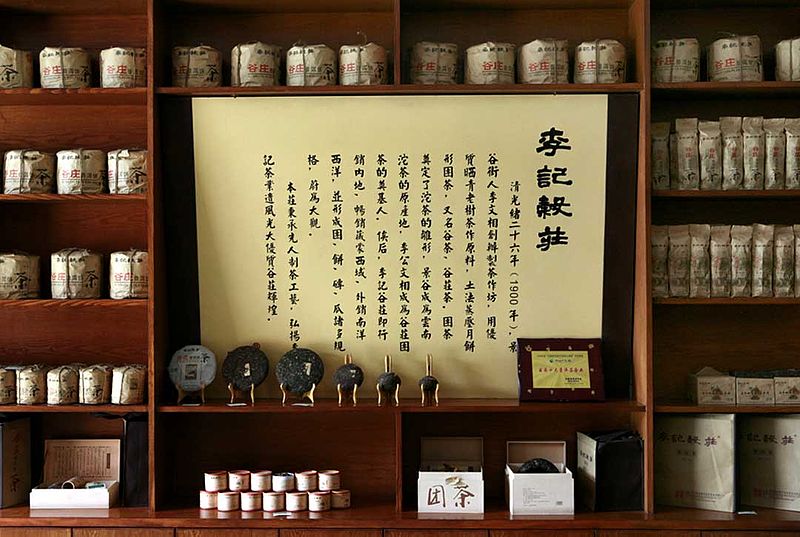My last visit to Beijing happened to coincide with the Communist Party’s Third Plenum Meeting. General business sentiment was just as upbeat as it had been earlier last autumn. But through my discussions with different businesspeople, I came away with a distinct new optimism over the leadership’s more market-oriented stance on policies.
To give an example of the new administration’s improved focus on marketplace best practices, let us look at policies that have impacted China’s toll road operators. As car ownership has grown with rising incomes, China’s toll road industry has experienced consistent growth in recent years. However, in 2012, major toll road operators were negatively affected by a government policy enacted by China’s former administration that mandated toll exemptions on all major Chinese holidays.
Besides contributing to severe traffic congestion on the country’s main roads, the holiday policy failed to stipulate any compensation measures to offset losses that toll road companies would have to endure. While China’s new administration has maintained the toll exemption policy for major holidays, immediately after taking office, new government officials began working with the industry to offer compensation that may help offset any related losses. During my trip, I got the sense that toll road operators are generally pleased by the new administration’s understanding of their concerns.
The current leadership seems very committed to reducing government intervention in the economy. One of the highlights that came out of the Third Plenum communique is a government endorsement for the market to play a more “decisive” role in allocating resources. In addition, the new administration will further deregulate sectors that have traditionally been dominated by large state-owned enterprises (SOE). It plans to adopt an approach to allow private investments in most industries unless they are on the official list of industries restricted from private and/or foreign investment. The government also promised to simplify business registration and approval processes and level the playing field for non-SOE companies to better compete.
While I am encouraged to see an ambitious reform package coming from China’s new leadership, the key to the country’s future success will lie in implementation. Counter to the new initiatives (and not long after the Third Plenum meeting), several cities in China rolled out some administrative measures that aimed to curb increasing local housing prices. Different localities may continue to struggle with more market-friendly reforms, but in general, we are hoping the broad business environment in China will gradually move in the direction of a market-oriented economy. If so, non-SOE companies could become major beneficiaries of this long-term trend.
Henry Zhang, CFA, Portfolio Manager at Matthews Asia
The views and information discussed represent opinion and an assessment of market conditions at a specific point in time that are subject to change. It should not be relied upon as a recommendation to buy and sell particular securities or markets in general. The subject matter contained herein has been derived from several sources believed to be reliable and accurate at the time of compilation. Matthews International Capital Management, LLC does not accept any liability for losses either direct or consequential caused by the use of this information. Investing in international and emerging markets may involve additional risks, such as social and political instability, market illiquidity, exchange-rate fluctuations, a high level of volatility and limited regulation. In addition, single-country funds may be subject to a higher degree of market risk than diversified funds because of concentration in a specific geographic location. Investing in small- and mid-size companies is more risky than investing in large companies, as they may be more volatile and less liquid than large companies. This document has not been reviewed or approved by any regulatory body.



